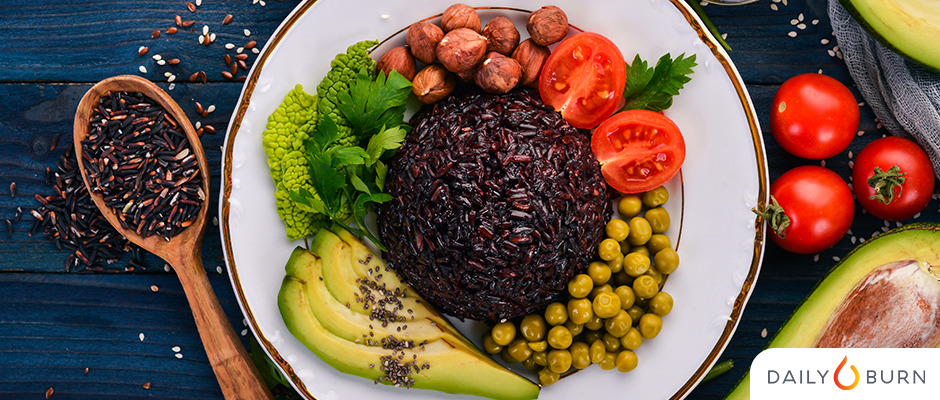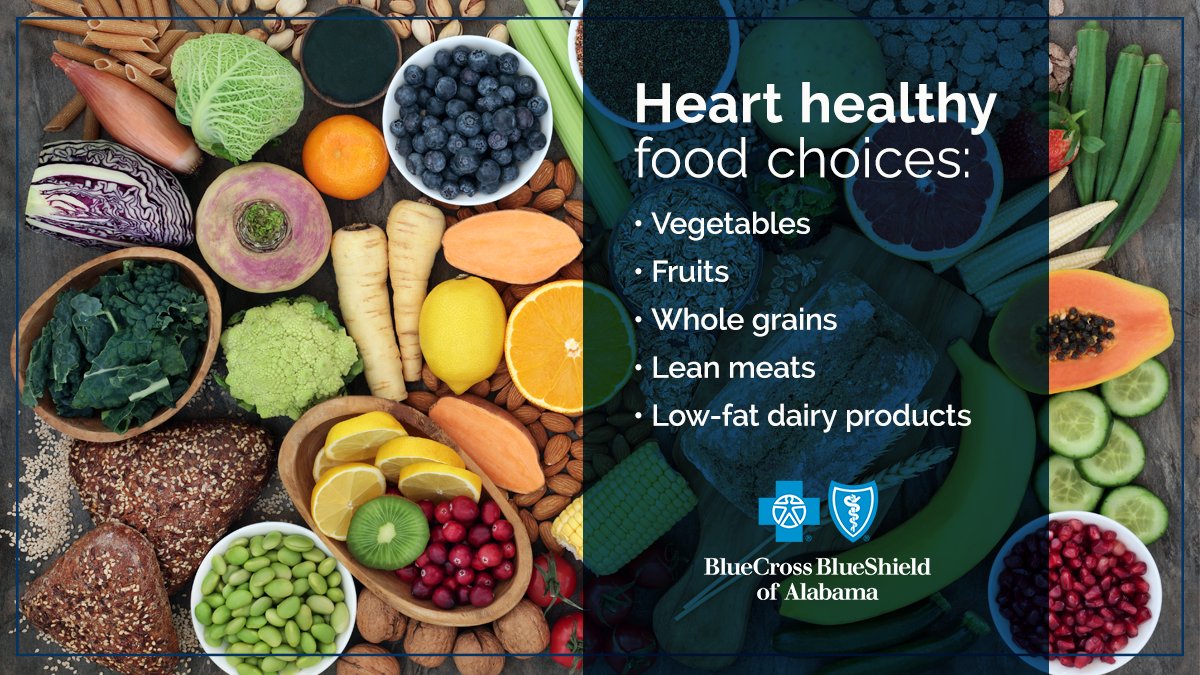
The best way to achieve your athletic goals is by choosing the right sports nutrition program. It is crucial to eat a balanced and nutritious diet. Although carbohydrates may seem like the most important food group for an athlete, many people believe they are. The right combination of carbohydrates, proteins, fats, can fuel your body to achieve your goals.
Athletes should eat meals at least three hours before a competition or exercise, in order to allow their bodies to digest the food and minimize any gastrointestinal upset. A healthy diet should include plenty of carbohydrate, protein, and fat. It is important to limit intake of junk food and starchy vegetables. A balanced diet of whole grains, lean meats, fruits, veggies, and whole grains is essential for good sports nutrition. These foods are all great sources of vitamins and minerals, but they're not a good source of calories.

Carbohydrates are the most important food an athlete should eat before competing in an event. They're the main source of energy, and foods rich in carbohydrates include milk, bread, cereal, grains, and fruit and vegetables. The best way to consume carbohydrates is to eat them in small amounts, and avoid high-fat or high-protein meals. The best results are achieved by eating a high-carbohydrate dinner at least two hour before an event.
A balanced diet rich with complex carbohydrates and healthy oils is essential for athletes. A healthy diet includes 45%-66% carbohydrates, 10%-30% protein, and 25-35% fat. Drinking plenty of water before, during, and after a sport is also important. Consuming the right foods at right times can help maximize performance and prevent damage to your muscles from oxidative stresses and swelling. Athletes need to eat healthy foods and supplement their recovery.
Balanced carbohydrate and fat intake is essential for athletes. In the digestive process carbohydrates are converted into glucose, which is the body’s primary energy source. It is converted into glucose, a type or fat that is stored as glycogen in the body. The best way to boost glycogen stores is to eat carbohydrates and fatty food before and after the event.

Besides dietary fiber, athletes should also drink adequate amounts of water. For optimal health, athletes need to be well hydrated. The body needs a constant supply of fluids and sodium to sustain its activities. This is the best way to avoid muscle cramps, and improve performance. It is important for athletes to keep their diet in line with their training program. This is especially difficult for endurance athletes. It can also cause headaches and cramps.
FAQ
How many calories should you consume each day?
This will vary from person-to-person. On average, you need 2000 to 2500 calories per days. Based on your age, gender, height and activity level, you will need to calculate how many calories you require.
Is Egg good for man?
The egg is rich in all nutrients needed by the human body. It is also good for maintaining strong bones, healthy heart and lungs, as well as stable blood pressure.
Eggs are a great source of protein, vitamins A and B12, D. E. K, calcium, magnesium, selenium and riboflavin.
The egg yolk contains high levels of cholesterol. It does not contain any saturated fat. Eggs have less saturated oil than many other foods.
They are also low-calorie and high in sodium. They can also be prepared in many different ways. They can be fried, poached, scrambled, boiled, hard-boil and baked.
They are extremely nutritious and simple to prepare.
At least two whole eggs should be consumed each day. If you dislike eating eggs, you should add them to your diet.
Eggs are a good source of essential nutrients for our bodies. Include eggs in your daily diet.
Can I drink alcohol while exercising?
Yes. Alcohol can increase energy expenditure and speed up recovery, as well as reduce soreness.
Alcohol also increases insulin sensitivity, making it easier to absorb glucose.
However, alcohol can cause dehydration, which can slow down your metabolism. Also, alcohol can reduce testosterone production, which may lead to lower muscle-building potential.
This is why women shouldn't have alcoholic drinks before exercising. Women who are heavily alcoholic should wait at minimum 24 hours before starting to work out.
Nursing mothers should abstain from alcohol as much as they can.
Men should limit their alcohol intake to just one drink each day.
Statistics
- According to the American Academy of Dermatology (AAD), men over 50 are at a heightened risk of developing it. (healthline.com)
- Cardmembers earn 5% Back at Amazon.com with a Prime Credit Card. (amazon.com)
- Are You One of the 20% of Guys (mh.co.za)
- The PRS enabled risk stratification for overall prostate cancer and lethal disease with a four-fold difference between men in the highest and lowest quartiles (HR, 4.32; 95% confidence interval [CI], 3.16-5.89). (pubmed.ncbi.nlm.nih.gov)
- Get free shipping and 25% off today. (healthline.com)
External Links
How To
What nutrients does a person need every day?
For healthy growth and development, men need to eat a balanced diet. The body requires vitamins and minerals, protein, carbohydrates, fats (fats), water, fiber, as well other essential elements.
The male body also requires specific nutrients at different times throughout the day. Your body makes hormones, antibodies and enzymes when you are asleep. When you awake, protein is used by your body to build muscles or repair damaged tissue.
Your body uses the night to break down fat and store extra energy as glucose. Your body requires fewer calories, but still needs enough nutrients. You might have an occasional snack during the night if your stomach is feeling hungry.
Working out requires adequate carbohydrate and protein intake. Muscle soreness can occur if you work out hard.
To prevent this, you should eat carbs as well as protein within the first two hours after training. To get energy from glucose, your body will start to degrade stored glycogen.
You must also eat protein right after you finish your workouts. This prevents muscle tissue from being broken down while you are sleeping.
Lactic acid is produced by the body during periods of intense exercise. Lactic acid builds up in the bloodstream and causes fatigue. To avoid this, you should eat foods rich in carbohydrates, such as fruits and vegetables.
Carbohydrates give your body the energy it needs to recover from strenuous exercise.
Additionally, lean meats, fish and eggs, dairy products, yogurt, cream, cheese, yogurt and beans can be added to your diet.
All these foods are high-quality sources of protein. Protein aids in muscle growth and repair of damaged tissues. It provides amino acids that your body needs in order to produce sexhormones and testosterone.
A healthy skin, nails and joints requires sufficient dietary fats. Healthy men need to consume between 20%-35% of their total calories from fat.
Fat protects your heart from cancer and keeps it strong. It helps keep your brain working properly.
Vegetable oils such as sunflower oil and soybean oil can provide most of your fat needs.
These oils are high-in monounsaturated, unsaturated fatty acid (MUFAs). MUFAs can lower cholesterol levels and reduce inflammation. They also protect your cells from damage caused by free radicals.
Saturated fats (SFAs), are found mainly in animal products such as meat, milk products, and butter. SFAs raise LDL ("bad") cholesterol and increase triglycerides. They promote weight gain and abdominal fat.
Plant-based oils such as vegetable oil, nuts, seeds, or grains are rich in polyunsaturated fats (PUFAs). PUFAs improve cardiovascular function and decrease inflammation. They also reduce blood sugar, cholesterol, and other inflammatory factors.
Erectile dysfunction is common in men with low HDL ("good") cholesterol. A high intake of saturated fats leads to higher levels of bad cholesterol.
Men who eat a lot of red meat or pork develop prostate problems because they contain large amounts of nitrates. When cooked at high temperatures, nitrates can be converted to nitrosamines. These compounds can lead to cancer.
Most processed meats have nitrites and harmful chemicals. Avoid them completely.
The American Heart Association suggests that no more than two servings per week of red meat should be consumed. Choose poultry, fish and legumes instead.